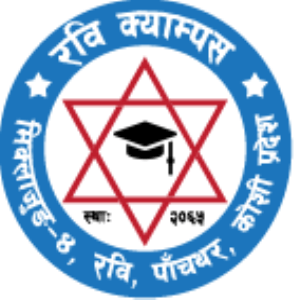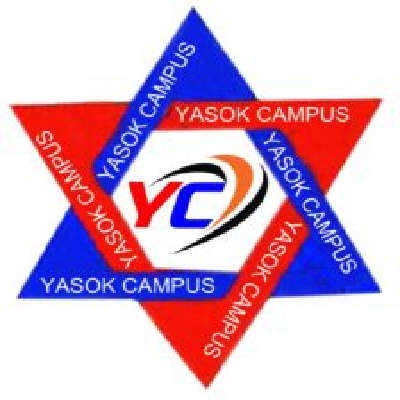Overview
Bachelor of Business Studies (BBS) at Panchthar Multiple Campus, Phidim
If you plan to study management in Nepal, the Bachelor of Business Studies (BBS) at Panchthar Multiple Campus (PMC), Phidim, Panchthar District, Koshi Province, under Tribhuvan University (TU), offers a four-year pathway in accounting, finance, marketing, or management.
Students often ask about the curriculum, entry rules, internal assessment, and project work. This page provides clear, verified details for Nepali students and families.
Overview
Here’s what the program is about.
The BBS follows TU’s national structure: foundation courses, core business studies, and a single concentration from accounting, finance, marketing, or management. The approach builds broad skills first, then moves into focused study.
Highlights
Here’s the quick view before you read further.
-
Duration and system: Four academic years under TU’s annual system
-
Affiliation: Tribhuvan University, Faculty of Management
-
Concentrations: Accounting, Finance, Marketing, Management
-
Final year capstone: Business Research Methods (50) and Final Project (50)
Curriculum Details
Here’s how the four years unfold.
-
Year 1 (500): Business English, Business Statistics, Microeconomics for Business, Financial Accounting and Analysis, Principles of Management.
-
Year 2 (500): Business Communication, Macroeconomics for Business, Cost and Management Accounting, OB & HRM, Fundamentals of Financial Management.
-
Year 3 (500): Business Law, Foundation of Financial Systems, Business Environment and Strategy, Taxation in Nepal, Fundamentals of Marketing.
-
Year 4 (500): Entrepreneurship, three concentration papers, Business Research Methods (50), Final Project (50).
Objectives
Here’s the intent behind the degree.
The program prepares graduates for managerial roles in business, industry, and government, and builds a base for entrepreneurship and further study.
Scope
Think about where this degree can take you.
Graduates enter roles in finance, banking, sales, HR, and local administration, or pursue MBS/MBA and specialist master’s programs under TU’s Faculty of Management.
Learning Outcomes
Here’s what successful students can do by graduation.
-
Apply core principles in accounting, marketing, finance, and management
-
Analyze Nepalese business conditions and write structured reports
-
Conduct small-scale research and present findings using TU formats (MGT 221, MGT 401)
Skill Development Modules
Small steps build strong skills.
-
Quantitative analysis and business statistics
-
Communication, report writing, and presentations
-
Case discussions, group tasks, and project work as encouraged by TU’s methods of instruction
Teaching Methodology
Daily learning feels structured and practical.
Classroom teaching combines lectures, group discussions, problem-solving, guest talks, and project work. Campuses may use case studies when appropriate.
Admission Requirements
Worried about eligibility?
Applicants must complete 10+2 in business/commerce or an equivalent stream from a board recognized by TU and meet campus-level criteria set by the Faculty Board or PMC.
Required documents typically include NEB Grade 11–12 marksheets, character certificate, transcript, provisional, and migration (if applicable), as per campus notice.
Career Opportunities
Still unsure about outcomes?
Typical roles include accounts assistant, junior banker, sales executive, HR/support officer, or project assistant in NGOs and local bodies. Many graduates prepare for public service exams or move to MBS/MBA for advancement.
Scholarships and Financial Aid
Support matters for many families.
PMC provides merit and need-based assistance subject to campus policy and availability. Students should check current notices during admission.
Why Choose This Course?
A student in Koshi Province benefits from a public campus that follows TU’s national BBS scheme, offers clear yearly progression, and includes a mandatory research project that connects classroom learning to organizational realities.
Conclusion
The BBS at Panchthar Multiple Campus offers a transparent structure, recognized evaluation, and a final-year capstone that builds confidence for early career roles or graduate study under TU.
FAQ
Is attendance compulsory?
Students must have at least 70% class attendance to sit for the annual exam.
How is performance graded?
Annual exams determine division: Third (35%), Second (45%), First (60%), Distinction (75%).
What happens in the final year project?
Students conduct four weeks of field work, write a report in the TU format, and complete a viva evaluated by internal and external examiners.



















